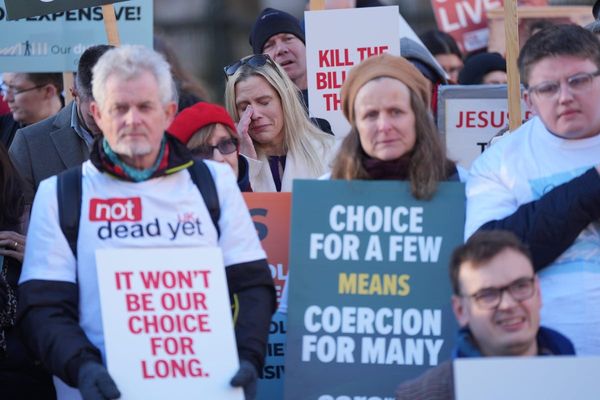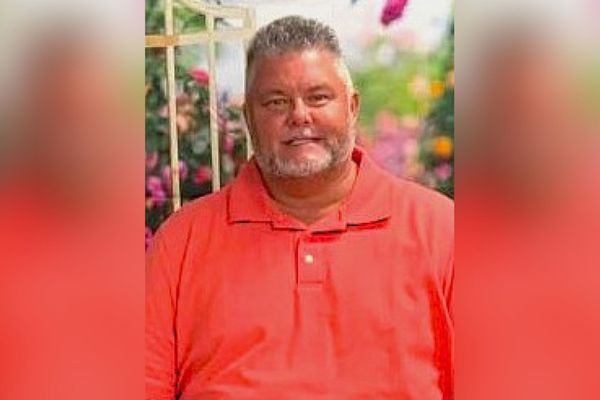Apprehensive of unrest, the Arunachal Pradesh government has decided to form a committee, to probe the issuance of residential proof certificates (RPCs) to the Chakma and Hajong people in the State’s Changlang district.
The government has also decided to “suspend” the RPCs that have been issued to individuals of the two refugee communities.
The decision follows a call for a State-wide shutdown on August 3 by the influential All Arunachal Pradesh Students’ Union (AAPSU), which wants the Chakma and Hajong people ejected. The union deferred the shutdown in view of the government’s move.
Largely displaced by a dam in the erstwhile East Pakistan and religious persecution, the Buddhist Chakmas and Hindu Hajongs were settled in Arunachal Pradesh by the Centre in the 1960s. The indigenous communities of the State have been against the settlement of the refugees, which they said was done by keeping them in the dark.
“The probe committee, which will include two AAPSU members, will submit its preliminary report within 15 days of its constitution and the final report within 45 days,” the State’s joint secretary (Political Department), Rajeev Takuk said.
Also read | Make citizenship to Chakma, Hajongs in Arunachal final: NHRC
“If it is established during the enquiry that the RPCs were issued erroneously, they will be cancelled,” he added.
“Absolutely legal”
Various organisations of the Chakma and Hajong people said the RPCs are “absolutely legal”. Appealing to the AAPSU to call off its proposed shutdown, they cited relevant Acts and rules to assert that the Chakmas and Hajongs deserve the residential proof document.
“The issuance of proof of residence certificate to the Chakmas and Hajongs is not illegal but in compliance with the laws,” Chakma Hajong Rights Alliance spokesperson, Krishna Chakma said.
“The Chakmas and Hajongs have lived in Arunachal Pradesh for the last 60 years and 95% of them have been born and brought up in the State. There is a need to end racial discrimination against the Chakmas and Hajongs and allow everybody to contribute towards the development of the state,” the CHRA said.







